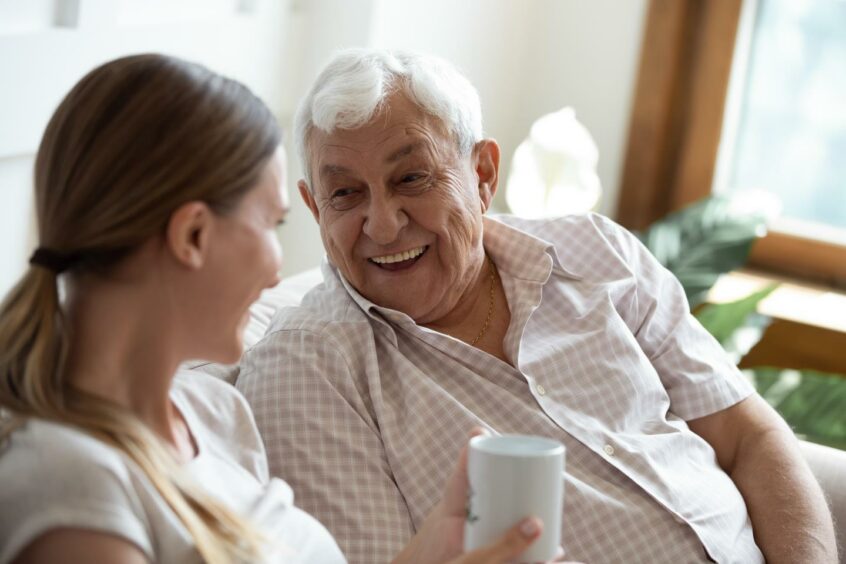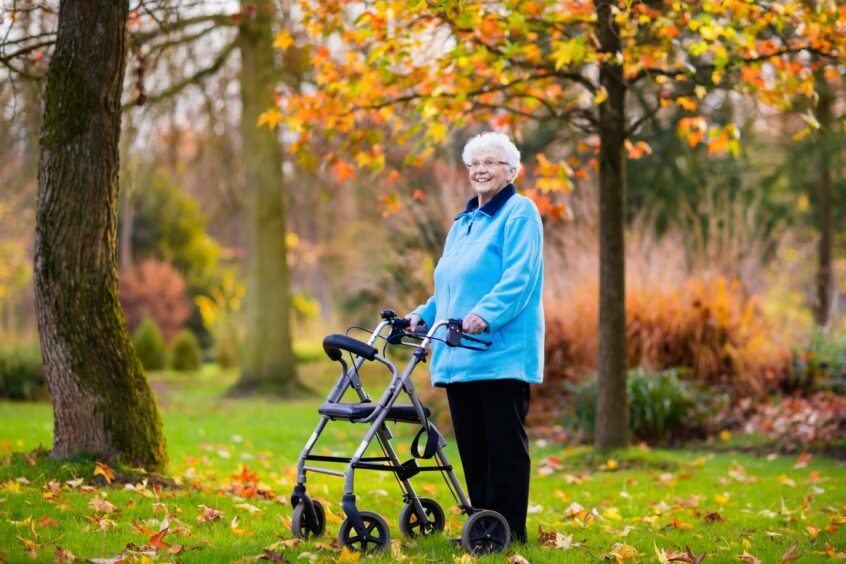As the governments across the UK ramp up efforts to halt the spread of the Omicron variant, it’s important not to forget about the impact Covid-19 is having in terms of wellbeing.
A new report highlights how the pandemic has damaged older people’s mental health and calls for more counselling and bereavement support for over-65s. The research, carried out by The Mental Health Foundation and Independent Age, estimates that as many as 318,000 people in England and Wales over the age of 65 lost their partners between the first lockdown and May 2021.
“The big thing is the sense of isolation – lockdown has had a horrendous impact,” says Lina Mookerjee, BACP senior accredited psychotherapist from Praxis Therapy. “As you get older, you are more vulnerable. There’s a lot of fear about getting ill and who’s going to look after you.”
While health services are beneficial, there are lots of ways we can all play our part to support older people, whether that’s family, friends or in the wider community.
Get in touch – and be reliable
When it comes to relatives or friends who may be lonely, contact is key, and in many cases, the “little and often” approach is really helpful.
“Make an agreement,” Mookerjee says. “Set five or 10 minutes, the same time either every day or every week,” to visit (if possible) or call. “That can go a long way, because then they’ll go, ‘I’m looking forward to that’.”
And make sure to stick to the plan as far as possible: “If you can’t make it, give them warning – the worst thing is letting them down, because they could have been really looking forward to the contact.”
Encourage healthy choices
Exercise can have a big impact on mood, even if it’s just a stroll around the local park.
“Encourage them to commit to at least a 10 to 15-minute walk every day,” Mookerjee suggests. You could meet up and do it together if you’re nearby, or chat on your mobiles while you both walk. When you’re not chatting, try to inhale deeply and feel the effects of the fresh air: “Deeper breathing when when you’re walking increases your sense of wellbeing and endorphins get released.”
Talk to your friend or family member about what they’re eating and advise them to avoid too many sugary foods, as this can cause “a huge spike in blood sugar levels in the brain, and then a massive drop”, Mookerjee warns, exacerbating feelings of loneliness and depression.
Support charities
There are lots of charities working at both national and local level to help over-65s. You might want to volunteer to take part in Age UK’s telephone befriending service or donate money to help fund a charity’s efforts.
“Find out what’s in your locality,” says Mookerjee, and remember it’s not just money that organisations need. “It’s goods, because there are a lot of people who are vulnerable and don’t have don’t have enough food.” Look out for food bank donation points near supermarket checkouts.
Don’t infantilise older people
No matter how you interact with older people, it’s important to treat them with respect and not infantilise them, even when they’re in a vulnerable position.
“What we want to do is celebrate the fact they’ve survived,” Mookerjee says. “Let’s give them credit – a lot of credit, because there’s a heck of a lot of wisdom that’s survived this long. Let’s encourage them to tap into it, and not to sideline them, to include them.”



